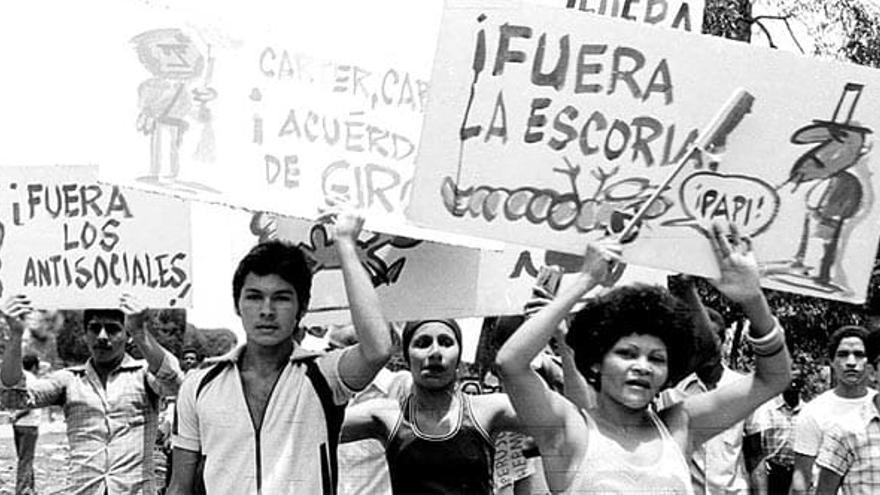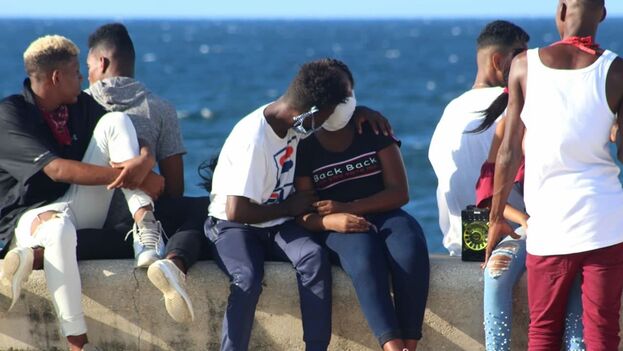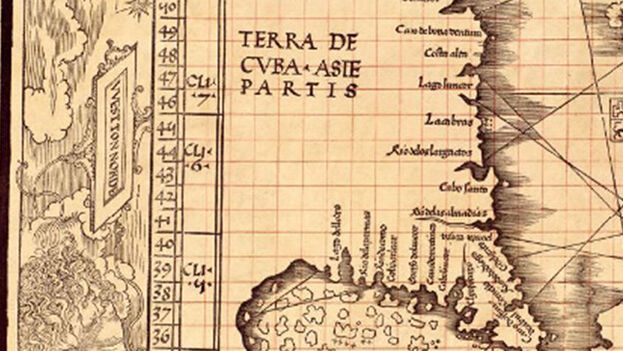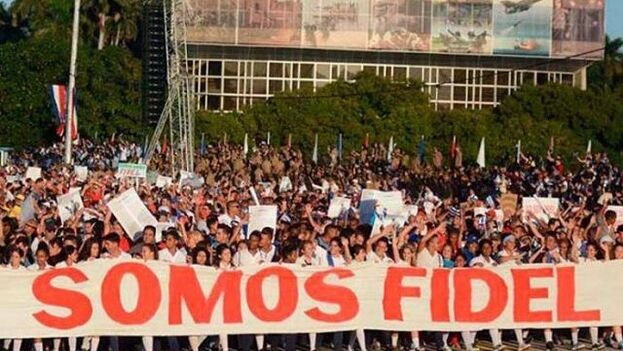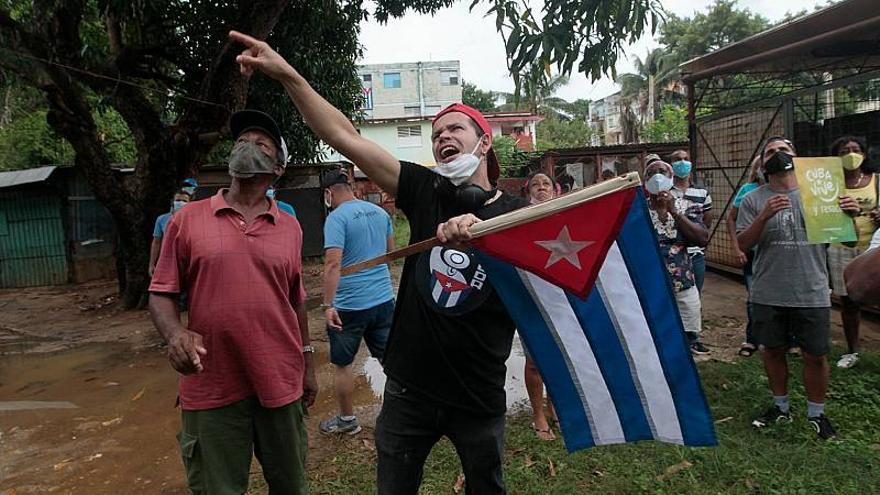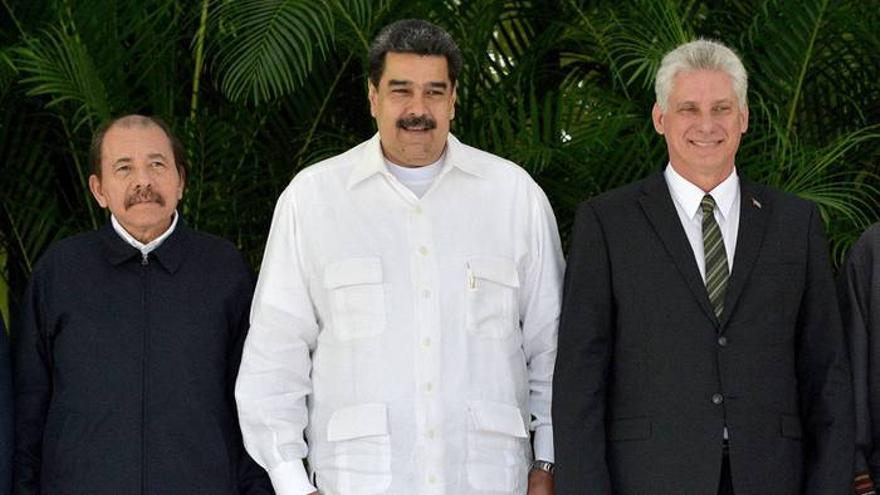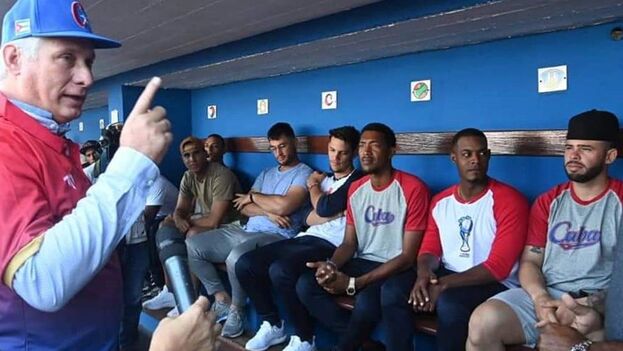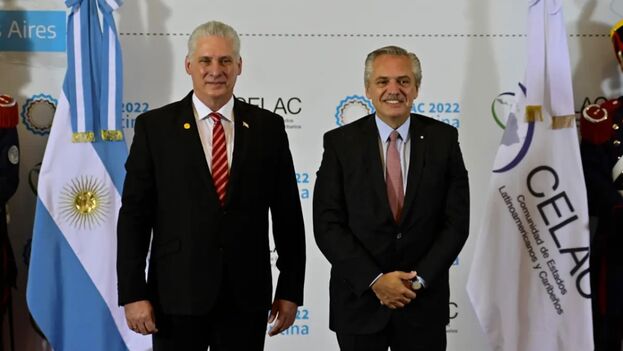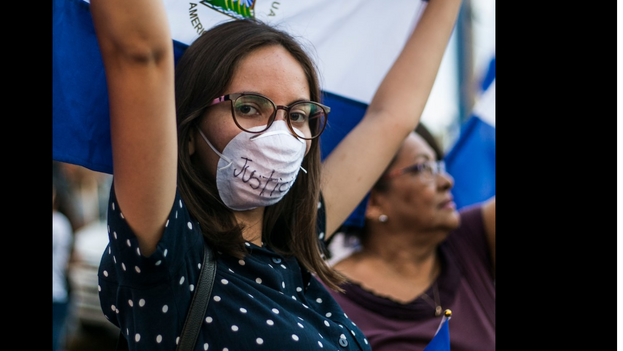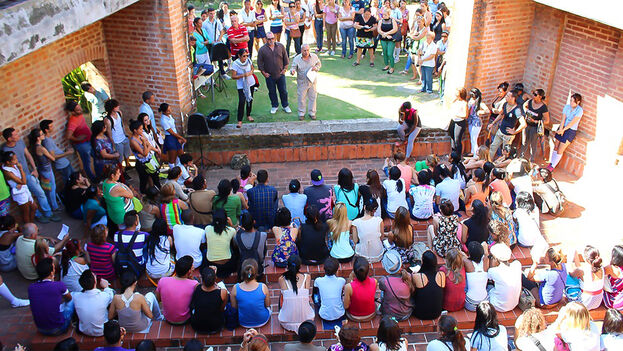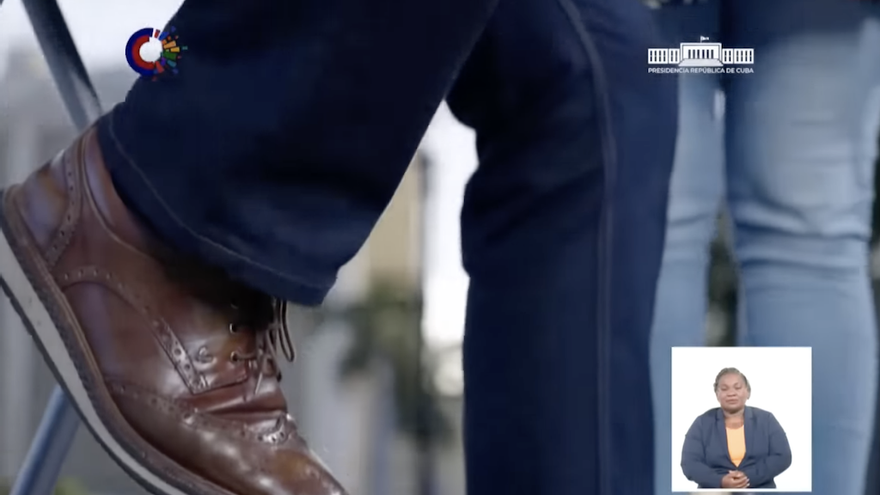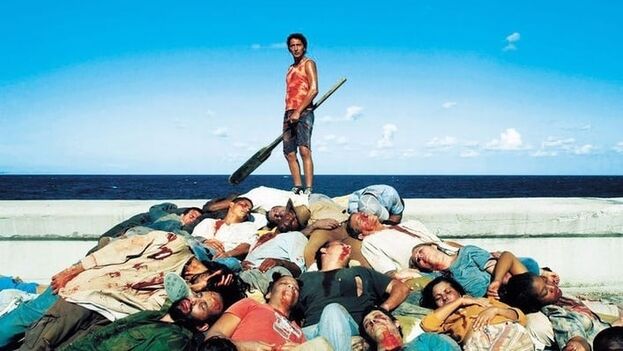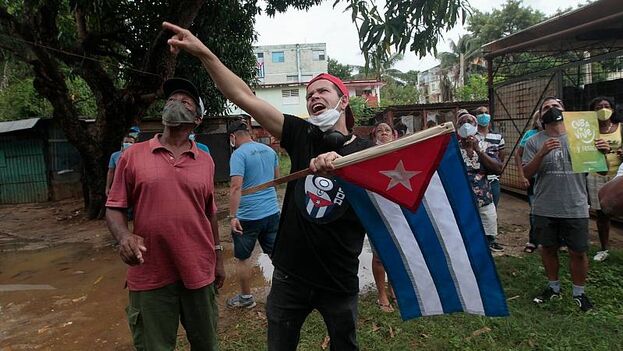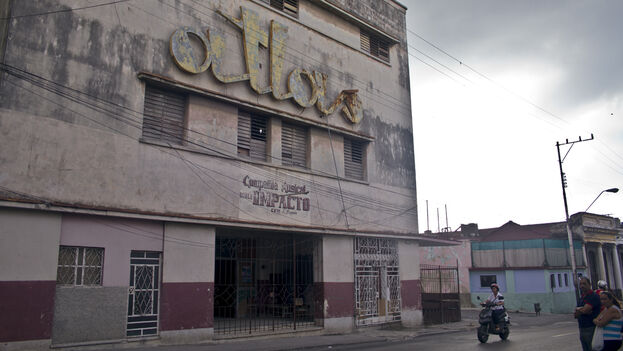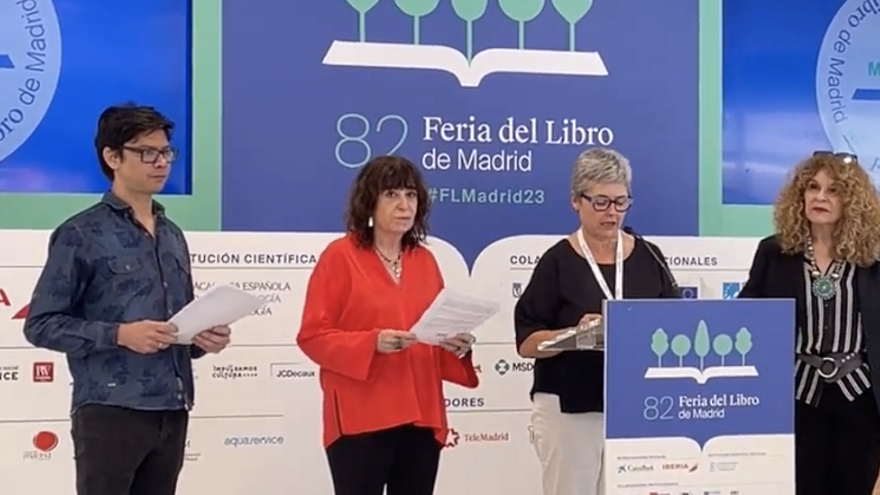
![]() 14ymedio, Yunior García Aguilera, Madrid, 12 June 2023 — At the recent Madrid Book Fair, they read out a manifesto: Literature, always on the side of freedom. The regime in Havana, always quick with a smart answer, put out a riposte in the name of Casa de las Americas, with the title: On the side of Don Quixote.
14ymedio, Yunior García Aguilera, Madrid, 12 June 2023 — At the recent Madrid Book Fair, they read out a manifesto: Literature, always on the side of freedom. The regime in Havana, always quick with a smart answer, put out a riposte in the name of Casa de las Americas, with the title: On the side of Don Quixote.
They accuse the editors of the manifesto of “giving in to the campaign by the hegemonic press against anyone who refuses to accept the dictates of Washington.” How very ironic, coming from a people who bend over backwards to the dictates of Moscow, to go out to battle with this faded old cliché. Perhaps they don’t realise that their “joker” convinces no one anymore? Maybe they just have absolutely no imagination left at all? Are they that mediocre that all they can do is cling onto arguments that are so obsolete, so yellowing and worn out with endless, interminable use?
Perhaps it needs to be gently pointed out to the Cuban regime that the principal promoter of this manifesto is Gioconda Belli, winner, no less, of the Casa de las Americas Prize in 1978, amongst many other honours. The Nicaraguan poet and novelist doesn’t need to ’give in to any campaign’ – because she has been, along with her compatriot Sergio Ramírez, at the centre of attacks from a deranged dictator like Daniel Ortega. Also, these two have received the support of an overwhelming majority of intellectuals, along with all of the other people who have been forced into exile – although Havana maintains a stony silence on such immense injustice.
Among the signatories of the Manifesto are some huge names – some of which the centre, at 3a and G in El Vedado hasn’t yet been able to invite to attend. And it’s probable that some names have been gathered in error (something which has already been rectified) but there we see other names like: Rosa Montero, Juan Carlos Chirinos, Joan Manuel Serrat… and the list just keeps growing.
The Cuban authoritarianism’s declaration, having nothing to put forward in its defence, takes futile refuge in the pages of Quixote and tries to pass itself off as Dulcinea del Toboso. They demand that we judge them as good and just people, though everyone knows that there’s nothing left to celebrate there.
The land of Dulce María Loynaz is just a sad wasteland today, in which the hospitals and the schools fall to bits whilst the number of luxury hotels and the number of prisons multiplies. Cuban artistes suffer censorship today like in the worst times of the pavonato, whilst they see all their rights flattened and with no right of reply. Every Cuban tilts against absurd windmills every single day, carrying out great heroic feats just to obtain a plate of food and dreaming about escape from this hell. continue reading
In Cervantes’ book, Dulcinea represents the platonic love of the protagonist – although in reality she is the idealised form of a country girl called Aldonza Lorenzo, whom the author describes, in a cruel manner, with shades of humour, saying that she was the woman who was the most skilled at salting a pig in the whole of La Mancha. And even when Sancho Panza presents Quixote with a supposed Dulcinea it’s really a foul smelling wench with a hairy wart on her top lip. Don Quixote, a prisoner in his own delirium, justifies the woman’s ugliness by saying that she’s been the victim of some “magic curse”.
It’s understandable, that a regime which has nothing at all positive to show in its master plan, would insist on appealing to Utopias. But more than sixty years have already passed and real life could not be more dystopian than it is now. It is utterly unforgivable that they continue with this fraud, passing themselves off as some kind of joke princess with the hairy wart on her top lip. These people neither want nor plan for any project for their peoples’ freedom. The only, only, thing that interests them is clinging onto absolute power at all costs. The reality of Cuba is not a Cervantes one, it’s an Orwellian one.
We Cubans are totally screwed off now with this stupid endless obsession with romanticising the misery and suffering of a people. The Mexican president, Andrés Manuel López Obrador, wants us to be a modern Numancia, although the inhabitants of that village situated on the Muela mountain ended up dying of starvation, from slavery or by suicide. Not long ago, Josep Borell said that Cuba will be the Mallorca of the Caribbean. As the top representative for foreign affairs in the EU he didn’t seem in the slightest bit worried about the more than one thousand political prisoners, nor about all the violations of human rights: he saw only beaches of white sand where European tourists go to get tanned. He only sees the threat from the Chinese and the Russians’ plundering our land whilst Europe fails to grap its own share of the pie.
But Cuba does not want to be any kind Numancia, nor a Mallorca, even less a Dulcinea. Cuba wants to be free. And then, when we are, we will tear down all of those windmills.
Translated by Ricardo Recluso
____________
COLLABORATE WITH OUR WORK: The 14ymedio team is committed to practicing serious journalism that reflects Cuba’s reality in all its depth. Thank you for joining us on this long journey. We invite you to continue supporting us by becoming a member of 14ymedio now. Together we can continue transforming journalism in Cuba.

